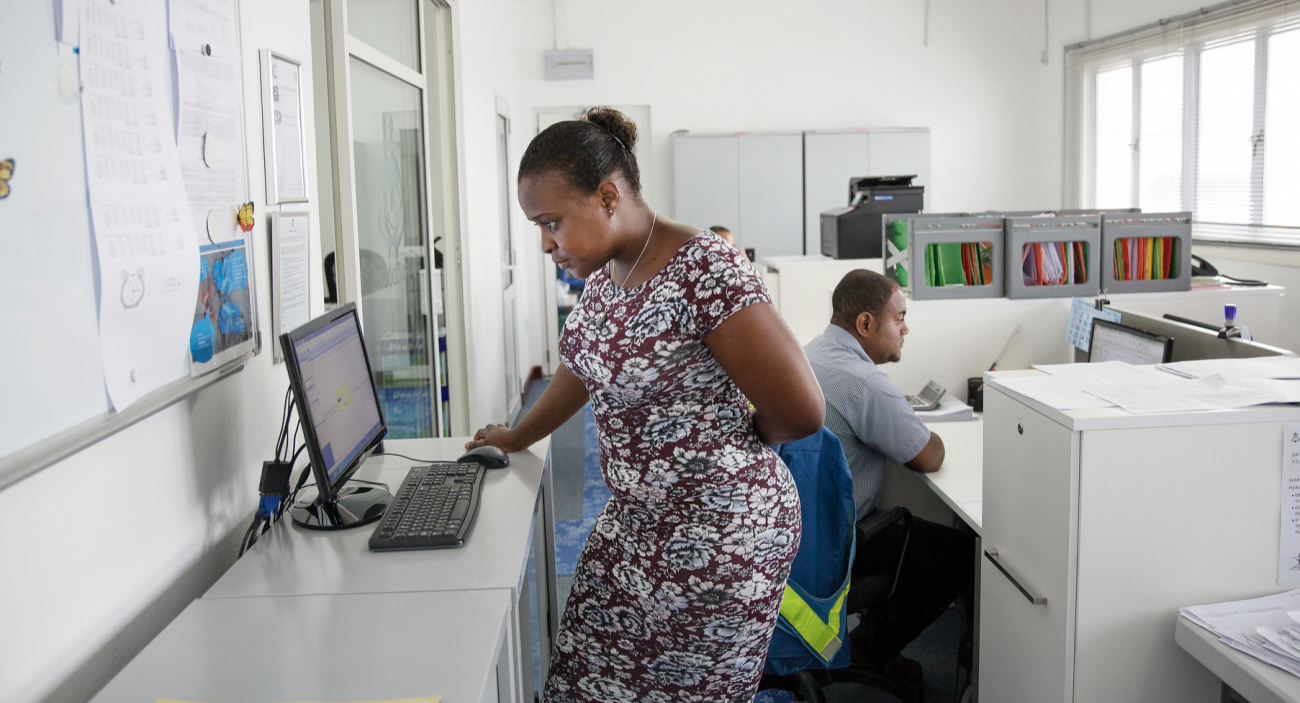The purpose of World Telecommunication and Information Society Day (WTISD) is to help raise awareness of the possibilities that the use of the Internet and other information and communication technologies (ICT) can bring to societies and economies, as well as of ways to bridge the digital divide.
17 May marks the anniversary of the signing of the first International Telegraph Convention and the creation of the International Telecommunication Union (ITU).
New technologies are always being developed. Anyone who boards that train goes further, faster — at least in terms of education and economics and opportunities.
Alas, the International Telecommunication Union (ITU) reports a 17 percent gender gap in internet use globally. This gap is even wider in least-developed countries. The situation with jobs in ICT is also pronounced — as are the opportunities.
In the coming years, there will be a large labour shortage in the ICT sector—there will be great opportunities. Girls and young women who learn coding, app development and computer science will be well-placed for careers in the ICT sector and other fields such as telemedicine, e-services, drones and robots, mobile money services, e-banking and more. For example, I use a mobile app to transfer funds to a grandmother in my village in Rwanda.
My own experience with computers, even the most basic computer technology, is instructive. I was living in Rwanda back in 1999, and the world was facing Y2K scare that all computers would go haywire and everything would come to a standstill. Rwanda had come out of a war and it was clear that sooner or later without a master’s degree one might not grow in the job market. I went for my master’s programme when my eldest child was two and half years old and I was pregnant with my second. I had never seen a computer! People said these are things from America that work better than typewriters.
When I arrived in America, during the first week in class I got an assignment in which I did well. I handed it to the professor hand-written and he looked at me, confused! Wondering if I came from Mars! I wondered if he wanted me to write with my feet. How else do people hand in their homework? I asked. He explained that I had to write using a computer. I felt hair get off my head! What is a computer? I asked, puzzled. I was directed to the computer lab for help — with one finger typing I finished my assignment. A lady gave me an old Macintosh that looked like it had a big belly. I bought a large laptop for use during my school time.
When I went back home, I was among the few people with a laptop, a mobile phone — a huge Nokia — and an email address. I occasionally sent emails to my friends in the USA. I became a Presidential Advisor, then got a leadership position with MTN, the first mobile company in Rwanda, and was later appointed Ambassador to Belgium accredited to Holland, Luxemburg and the Vatican. I was among the few computer-literate women in town. I returned home with a second baby, a master’s degree and knowledge in technology! When I see young girls refusing to go to study because they don’t have a ride to school or did not go to the salon over the weekend — I cannot understand!
My personal experience demonstrates that girls’ education and girls in ICT helps close the gender gap. The Organization for Women in Science in the Developing World is important, and the Mauritius chapter is doing well.
The UN family has such useful programmes as “African Girls Can Code” by ITU and UN Women, the International Governance Forum by UNDESA and Halley Movement in Mauritius, and the UNDP Accelerator Labs in Mauritius and Seychelles, to mention a few.
Through these and other programmes, the UN is helping more girls and women hop on the technology train and have equal access to opportunities in ICT. My message to girls and women is: Please seize every opportunity!




















